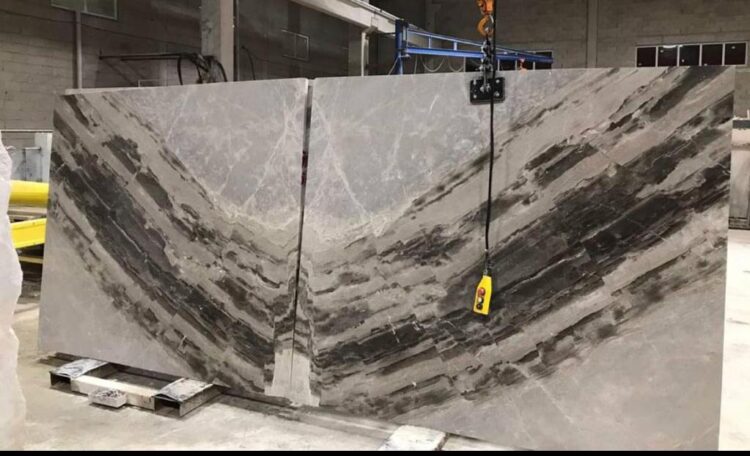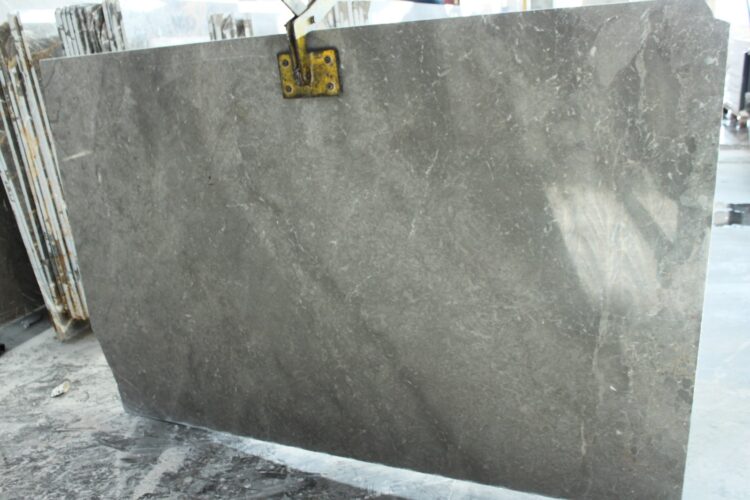Turkey’s natural stone sector, with its rich natural resources and deep-rooted tradition, is one of the country’s important economic structures. The sustainability of this sector has become increasingly important in recent years. In this context, we interviewed Dr. Tamer Efe, Senior Mining Engineer, on the geographical and economic sustainability of the natural stone industry in Turkey.
Can you give us an overview of the geographical and economic sustainability of the natural stone industry? Why is this industry important and why should we care about sustainability?
Although it varies according to different sources, it is known that approximately 35-40% of the world’s natural stone reserves are in our country. According to data published by IMMIB, natural stone products alone account for almost half of Turkey’s mineral exports in recent years. Over 2 billion dollars of exports are realized. It has become an even more important sector since the 2000s due to its positive impact on the foreign trade deficit and the employment it creates. Many marble processing machines that were imported in the past are now produced in our country. Companies operating in the sector are institutionalizing. We have experienced operators, engineers and workers. In this respect, we can make better use of opportunities by utilizing our strengths. Basically, the economic sustainability of an industry sector depends on having a structure that includes recycling and reuse activities, adopting energy-efficient technologies, producing environmentally friendly products and enabling these products to change hands in various markets. In the case of natural stone, geographical sustainability is a more important issue. Because these resources are non-renewable. There are other reasons, but due to unconscious, inefficient and unplanned consumption, there are now very few active quarries left in some of our cities, which were once associated with marble. The sector continues to grow, but activities in some regions have declined. Actors in the mining sector have made significant progress in recent years in terms of environmental impacts and precautions, and awareness has begun to be raised due to legal regulations. I hope this will continue.
It is known that Turkey is a country rich in natural stone diversity. What kind of opportunities does this diversity offer both geographically and economically?
Natural stone reserves, whose value and demand are increasing in the world markets, are spread over a wide area in our country. It is stated that there are around 650 natural stone varieties in color and texture. Although not enough studies have been conducted yet, our Southeast region is also very rich in this respect. The most important strengths of the natural stone sector are the high amount of reserves, the variety of colors and patterns, the increase in the world’s demand for Turkish natural stone, the development of machinery and technologies, and the hosting of some important fairs for the sector. The importance of branding and producing end products or value-added products is widely discussed. Despite this, the share of raw block sales in total natural stone exports is still very large. Most of the cities where quarries are operated are in Anatolia. I think this sector offers an important opportunity for cities with less developed industry compared to metropolitan cities. In this way, even after the quarries have completed their lifespan, the factories and workshops in that region can continue to create employment for many years.
How do geographical factors affect the sustainability of the natural stone industry? What can you say about the environmental and social impact of quarries in different regions?
Environmental sustainability means maintaining the balance and resilience of ecological systems. If we look at the definition of sustainable development, we see that at its core it involves political and ethical actions that respond to the right to life of future generations and institutions. This is why environmentally friendly and sustainable mining is so important. Of course, mining activities have negative impacts on the environment and its inhabitants. I think the way to minimize these impacts is through sustainability. Because if a company plans to operate the same mining site for 40-50 years, its approach to the environment and local people is much different.
In terms of economic sustainability, how should the natural stone industry strike a balance? How can we take into account global economic trends while contributing to local economies?
Natural stone is said to be a relatively luxury consumer product. There are also changing fashion trends and the sector is easily affected by financial crises. These factors threaten sustainable growth and development in the natural stone sector. I think the fact that the Italians can sell a very similar natural stone all over the world at a much higher price than us should be emphasized.
Finally, what are the important steps that need to be taken to make the natural stone industry more sustainable in the future? How can change be achieved both locally and globally?
In my opinion, these steps are mainly based on environmental sensitivities and the realization of mining activities in accordance with scientific and technical standards. However, it is not enough. After all, if there is no demand, there will be no production. Perhaps there should be certain restrictions on production and sales figures. Natural stone is one of the oldest known building materials. It has been used throughout history and will probably be used forever. However, in recent years, many alternative (artificial-semi-natural) building materials have been developed that are similar or even superior in terms of their technical properties. In my opinion, the most important feature that will make natural stone valuable and saleable from now on will be its visual appearance. The producible reserves of our commercially sought-after and branded stones are decreasing. Many of the quarries in cities such as Afyon-Burdur-Isparta have closed. Buyers are much more selective. For this reason, our state and all stakeholders of the subject need to make the necessary arrangements and take the necessary steps in this process.





























 +90 532 585 51 95
+90 532 585 51 95 +90 532 585 51 95
+90 532 585 51 95